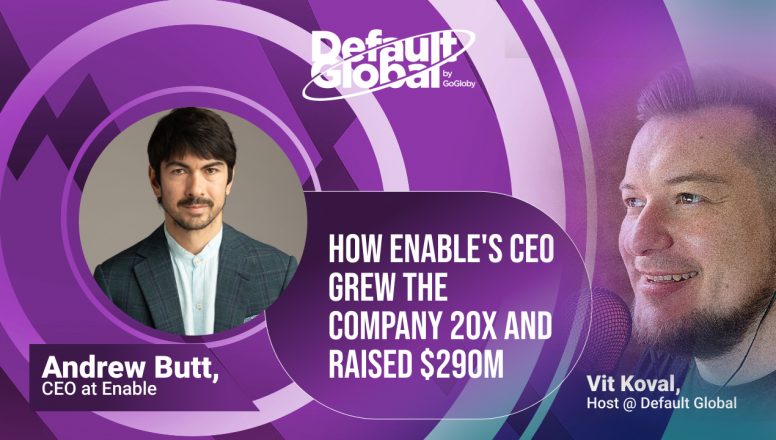Meet Jeremy Thomas, VP of Engineering at Bonusly:
Jeremy Thomas, VP of Engineering at Bonusly, defies norms with a liberal arts degree in Spanish. His tech journey started during the dot-com boom. Transitioning from management to software engineering, he managed teams across time zones. Jeremy’s entrepreneurial stints shaped his scrappy approach, evident in his leadership roles at Gusto and Middesk. Now at Bonusly, he stresses the importance of coding while leading, showcasing adaptability in tech.
Listen Up: Jeremy Thomas, VP of Engineering at Bonusly — Full Podcast Episode on Spotify
Watch Now: Vit’s In-Depth Talk with Jeremy Thomas
Learn How Globy Helped Bonusly Save $1.3M on Engineering Expansion
Case StudyQuick Read: Jeremy Thomas, VP of Engineering at Bonusly, Interview Highlight
The Journey into Tech and the Art of Coding
In my recent conversation with Jeremy Thomas, VP of Engineering at Bonusly, he shared his unexpected journey into the tech industry and how his fascination with the dot-com boom led him to learn coding. Despite graduating with a liberal arts degree in Spanish, his curiosity about tech led him to learn Java on a work trip to Australia.
Jeremy said:
“I gained an appreciation for code as a craft in a way that wasn’t obvious before. There are hundreds of ways to approach and solve a problem and that there’s a lot of creativity in engineering,”
His curiosity and passion for coding led him to various roles in tech companies, always maintaining a close relationship with coding.
The Power of Customer-Oriented Engineers
Throughout his career, Jeremy has found that successful startups often have engineers with a strong sense of customer experience and problem-solving. This customer-oriented mindset, he believes, can be transferred to larger companies to create better outcomes.
Jeremy emphasized:
“The point is to create customer outcomes, not to ship output,”
This customer-centric approach becomes a valuable strategy in larger companies like Gusto and Bonusly, where engineers who can make good product decisions as they’re coding can drive value to customers at a higher velocity.
Building Diverse Engineering Teams
At Gusto, Jeremy played a significant role in building a highly diverse engineering team. He firmly believes in the business sense of diversity, stating,
“What I want to do as someone who’s building teams is have access to hire all of the smart people, not just half of them. So why not build a culture that’s inviting to the whole population, not just a segment of it?”
By focusing on creating a balanced hiring pipeline, Gusto was able to build a team that was 44% women in engineering.
The Future of Global Hiring
Jeremy predicts an equalization of compensation in the tech industry as remote work and global hiring continue to grow. He believes that the economic reason for offshore hiring will diminish, and the case for global hiring will be rooted more in access to talent. However, companies need to be deliberate in their global hiring strategies and look for opportunities to give remote employees meaningful charters and areas to contribute.
Jeremy’s advice to tech leaders looking to build and scale globally distributed teams is to be deliberate in their approach, whether that’s hiring engineers who work directly with their team or focusing on a specific geographical location for time zone alignment. Ultimately, it’s about being consistent in applying these strategies and looking for opportunities to give remote employees meaningful contributions to the company.






